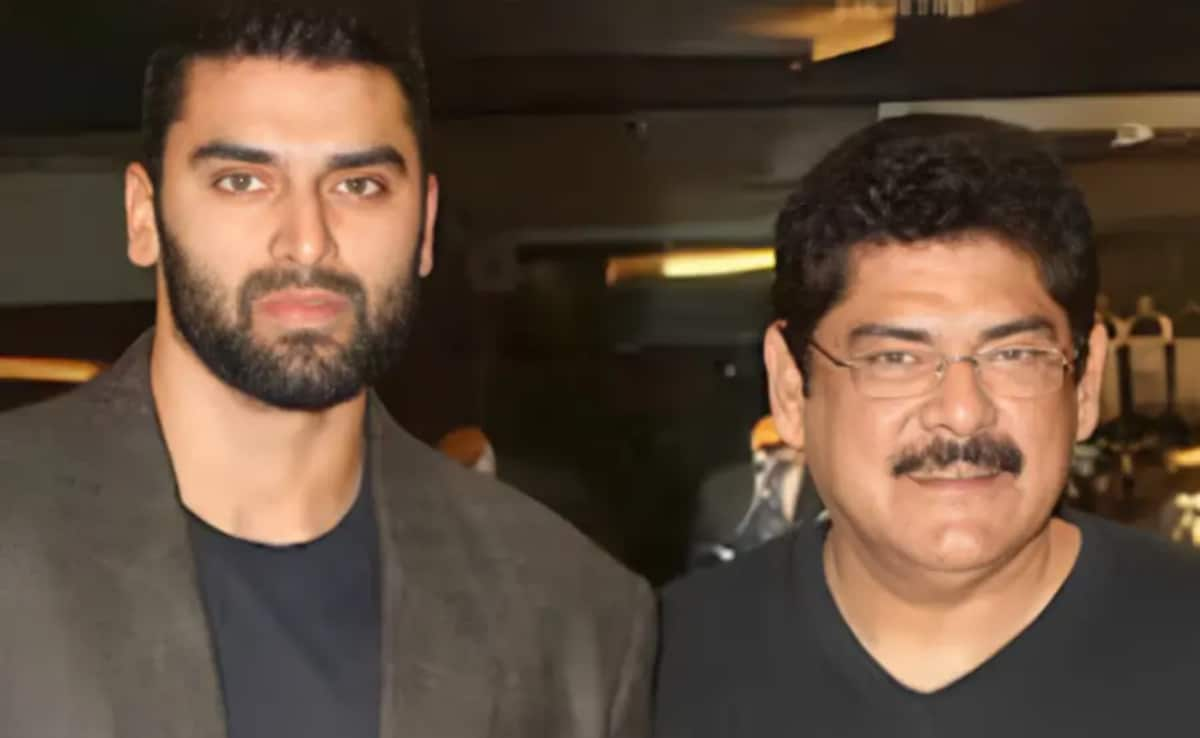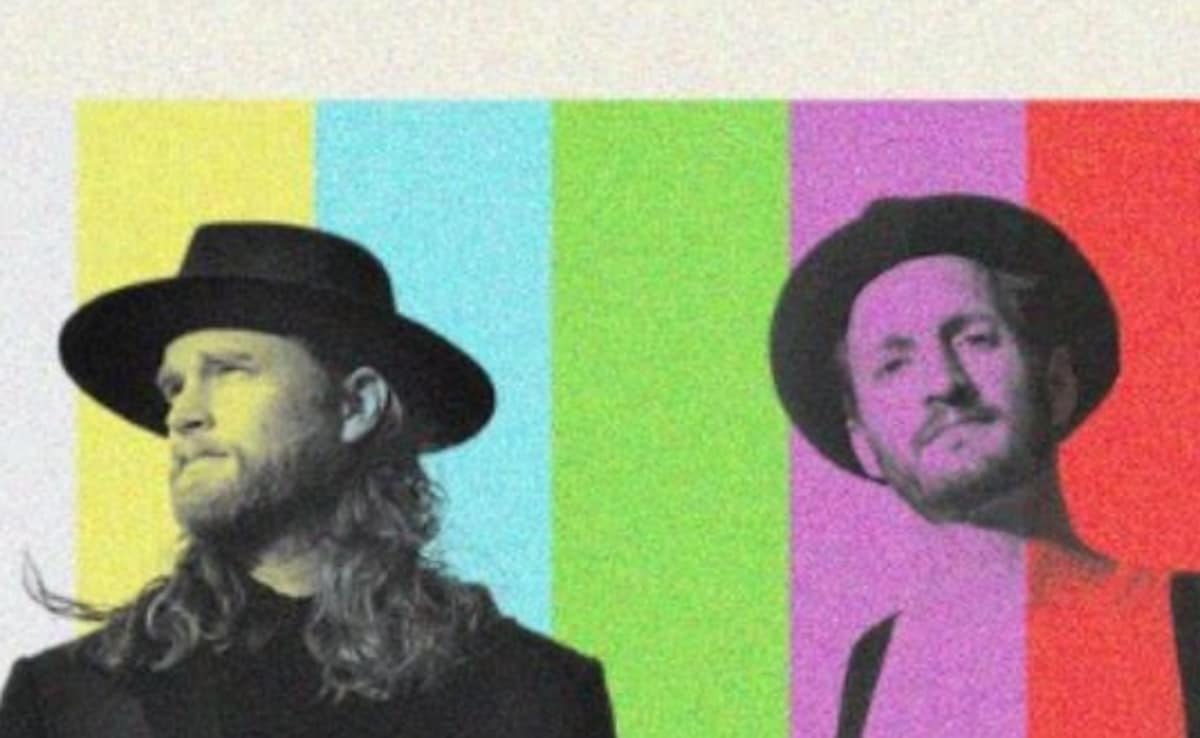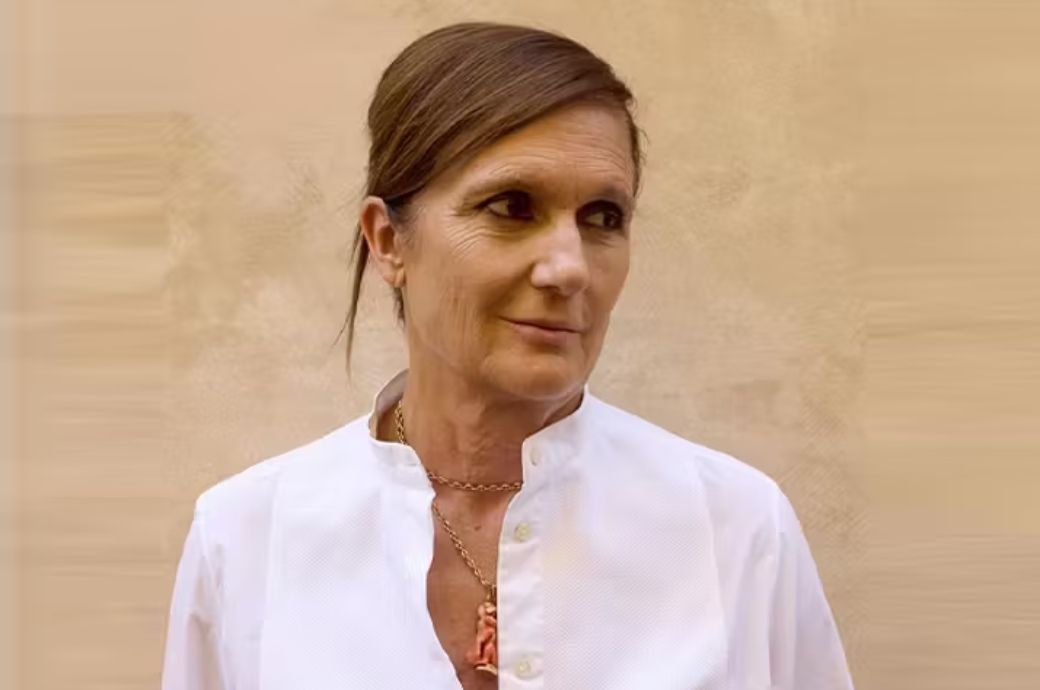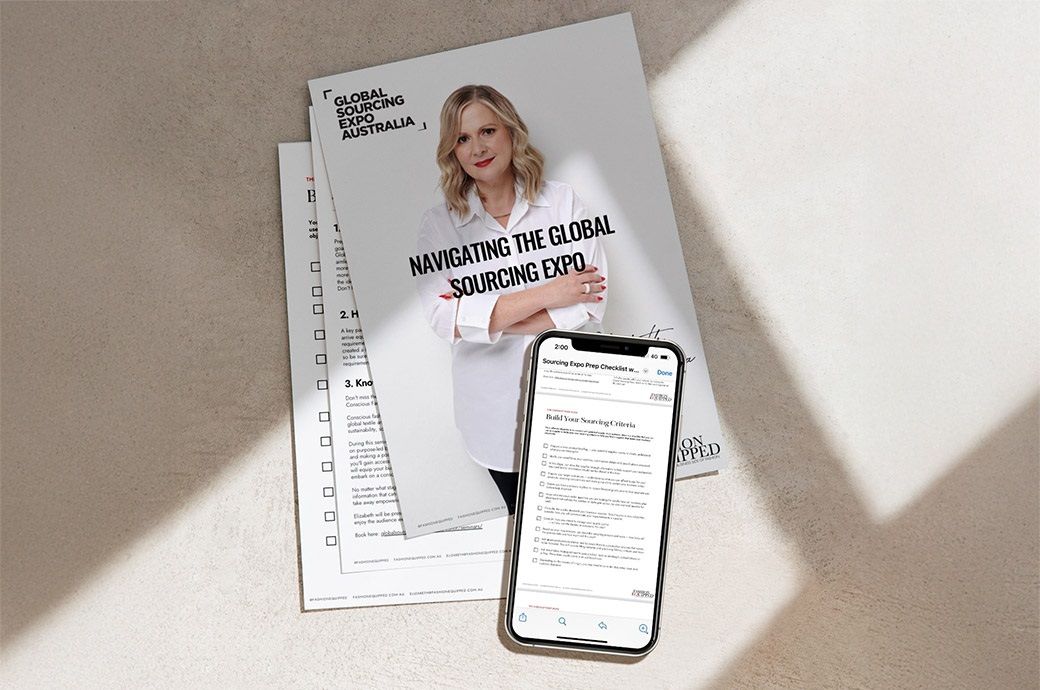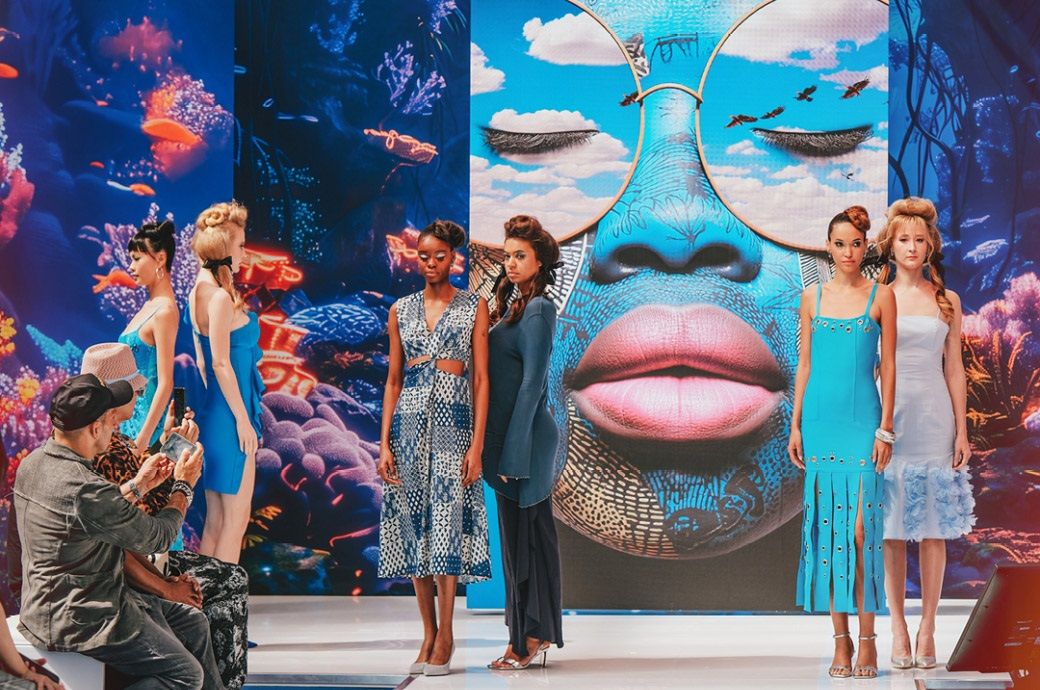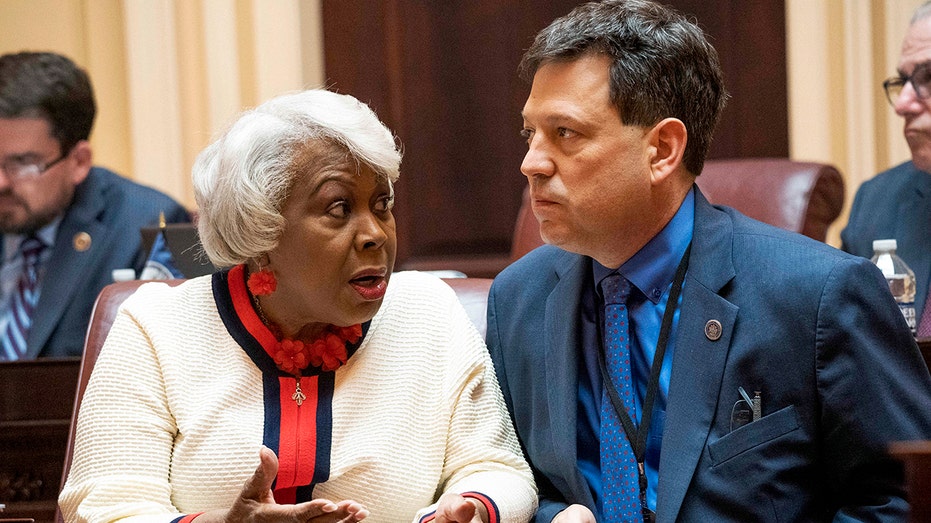A new fellowship is all about putting the news in news creator

It’s impossible to ignore how much social media and independent journalism have become part of the global news landscape. According to Pew, one in five Americans say they regularly get their news from an influencer; that number jumps to more than a third of Americans under thirty. A new Muck Rack report says a third of journalists it surveyed publish independently, and a new study from the Reuters Institute for the Study of Journalism shows that audiences in each country have a deep loyalty to individual personalities. But for the most part, the people who spread news on social media — particularly those who had no prior journalism experience — have been left on their own to figure out how to navigate the minefield of misinformation that is the modern internet. A new initiative aims to change that.
News Creator Corps (NCC) launched in September with a team of three former journalists — Rachel Lobdell, Annemarie Dooling, and Maya Srikrishnan. In October, they added a fourth team member: Jay Rosen, the media critic and former journalism professor who retired from NYU in June. “Audiences are migrating to the content creators, whose work is easier to trust, more fun to consume, and (often, not always) better at explaining what just happened,” Rosen wrote in a blog post laying out the thinking behind his new position. “The simple principle of sharing good information — and watching out for the bad — has to migrate with it.”
This is the foundational idea behind NCC: the way people get their information has changed, and the way to make sure they’re getting good information is by going directly to the source. NCC is doing this, at least to start, with what it calls the Trusted Creators program, a fellowship of 20 influencers from around the country who will spend nine weeks learning about the tools and methods journalists use to make sure the information they’re sharing is accurate and trustworthy. Fellows are paid a $5,000 stipend, meet virtually each week to learn about a different topic, like interviewing sources or using public records, and are then asked to incorporate their lessons into one of their posts that week to see how the audience responds.
I am, admittedly, a bit wary of the term “creator1,” and particularly “news creator2.” Any J-school professor would tell you that nobody creates news; some people do things that become news, and the people spreading that news report on it. I’m not the only one with that wariness.
“Typically, when I say we invest in content creators, the first thing people think of is like a skinny white woman selling sweaters on the internet,” Lobdell, the executive director of NCC, told me. “We’re really not focused on that at all. It is very much information-forward; if I was going to compare it to anything, it’s almost like the content creation version of when Vox came in with a vision of explaining the news. These are folks that are bringing context and nuance. They’re not exactly breaking news the way a traditional journalist would. ”
Lobdell emphasized this difference — between news and information — throughout our conversation, and told me that the “news” in the name could just as easily be swapped for “information.” This bears out by looking at the members of the first cohort, which was announced in early October; few have a traditional journalism background other than James Cave, who runs the upstate New York-focused newsletter The Jiffy, and Ali Van Fleet, a meteorologist at a local TV station in Texas. The rest of the cohort runs the gamut from travel, food, and parenting influencers to political commentators and doctors, and that, Lobdell and Rosen told me, is very much the point: the information the fellows distribute, even if not strictly news, should be trustworthy and accurate.
“It’s our belief that people come upon news when they’re doing other things on the internet,” Rosen told me. “We’re not trying to create a new wave of journalists; We’re saying to them, ‘what you’re doing, which is successful, could be more successful if you knew some of the arts of journalism.’”
Once they’ve completed the fellowship, Lobdell and Rosen both said, the hope is that each fellow will not only make accurate and trustworthy content but also help identify and stop the spread of misinformation. As the fellowship grows, with more creators joining the corps, the hope is that they create a self-sustaining network of trusted information-sharers.
“Our goal is for them to serve the community and to flood social platforms with accurate information,” Lobdell told me. “It’s not realistic to say ‘don’t get your news on TikTok.’ Instead, why don’t we say we’re going to make the news on TikTok better?”
Perhaps the most optimistic way to look at this approach is to think of it as akin to a vaccine for the information ecosystem; if each fellow is like a white blood cell, learning how to spot and counteract misinformation online, they become part of an immune response that, if scaled, can provide a sort of inoculation against bad actors. But I can’t help thinking it feels a little bit like slipping a few leaves of spinach into an ice cream sundae; the nutritional value of a few good sources of information are heavily outweighed by the addictive qualities of social media.
Still, Rosen pointed out, people form deeply trusting relationships with individual influencers. “We have, in a way, a case of a high-trust environment that’s bad for news journalism, because it’s all based on conspiracies,” he told me. The point of the fellowship is to use that deep trust to spread more high-quality, conspiracy-free information.
This is a very different approach to “news creation” from other social-first initiatives I’ve covered before, like Howtown or Local News International. Both of those were started by journalists who previously worked at major publications but, for a variety of reasons, decided to strike out on their own, and journalism remains at the core of their work; Joss Fong, Adam Cole, and Dave Jorgenson all told me they still think of themselves as journalists conducting original reporting and analysis, and they are explicitly adding more news to people’s social feeds.
The NCC fellows, meanwhile, will still rely on original reporting from journalists at other outlets — highlighting a longstanding tension between influencers and newsrooms, in which influencers who repackage stories stand to gain an audience and the accompanying economic benefit, little of which transfers over to the newsroom that invested in the original reporting. Rosen wasn’t particularly concerned about this tension; “It’s kind of a defect of the internet,” he told me, although NCC will at least be teaching the fellows to cite their sources. The question, of course, then becomes what happens if those sources disappear.
“I have very conservative journalistic values,” Lobdell told me. “I firmly believe that we are core to democracy, and we’re making the world a better place. But I still see the value of looking at the information economy realistically right now. [We should] be realistic about how people are getting information and then figure out what we’re going to do about it.”
And, Lobdell told me, there has been massive interest in NCC from both traditional news organizations and academic institutions, and her team is working on building similar training programs aimed at both. They are also working on fundraising for those initiatives and for the next round of fellowships: While the first round of fellowships was funded by the Good Information Foundation, which is also NCC’s fiscal sponsor, Lobdell and her colleagues will have to raise their own money for whatever comes next.
“In so many ways, I feel like we’re right back at the ‘are bloggers journalists?’ conversation,” Lobdell said. “But I have been so pleased by the willingness of people to experiment, and to get into a space that I can tell is uncomfortable.”
- It was a mistake to let tech companies define the vocabulary of the internet as much as they have. The widespread usage of the terms “creator” and “influencer” rather than “producer,” as we used to describe the people making content for all the broadcast media that came before, are a symptom of a much larger problem.
- I shudder to think of a corps of “news creators” attending basic training on Parris Island.
What's Your Reaction?
 Like
0
Like
0
 Dislike
0
Dislike
0
 Love
0
Love
0
 Funny
0
Funny
0
 Angry
0
Angry
0
 Sad
0
Sad
0
 Wow
0
Wow
0







































